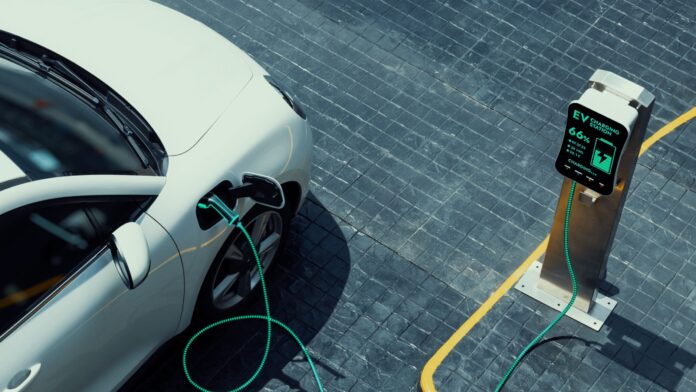Industry leaders, financial experts, and government officials have cautioned that Pakistan’s electric vehicle (EV) transition remains constrained by structural weaknesses, including limited financing, poor standardization, and inadequate infrastructure.
Speaking at the third Electric Vehicles Conference hosted by the Climate Action Center (CAC) in Multan, participants urged the government to streamline policy bottlenecks to unlock the potential of the country’s emerging EV market. The event was sponsored by the Bank of Punjab (BoP) and supported by Horwin, a global EV bike manufacturer.
Experts agreed that the EV sector holds vast potential but warned that access to affordable financing and technical uniformity across manufacturers remain critical barriers.
BoP’s Head of Project Finance and Equity Advisory, Naeem Javid, said the EV Policy 2025–2030 includes 1% GST on EVs compared with 17% on conventional vehicles, a 1% import duty on EV parts, and a Rs100 billion subsidy for two- and three-wheelers over five years.
“The EV market in Pakistan looks promising, but cost and financing remain major hurdles,” Javid said. “Long-term, affordable financing is essential to make EV ownership viable.”
Horwin General Manager Nauman Alvi highlighted that Pakistan spends around $15 billion annually on fuel imports, with 60–70% consumed by two- and three-wheelers. “Electrifying this segment should be a top priority. It will reduce the import bill and improve air quality,” he said. Alvi also emphasized the need for standardized charging and battery systems, warning that “a lack of uniformity across manufacturers hinders scalability.”
Capital Smart Motors CEO Farrukh Raza identified consumer skepticism as the biggest early challenge, while Nexcell CEO Jamshed Iqbal pointed to substandard imported batteries as a major factor undermining user confidence. He called for stricter quality control measures to protect consumers and ensure reliability.
From the public sector, Punjab Mass Transit Authority’s Muhammad Yasin noted that 69 electric buses are already operating in Multan, but urged authorities to expand charging infrastructure to sustain further adoption.
CAC Director Yasir Husain said Pakistan’s EV journey is finally gaining momentum. “Things are moving in the right direction, and the government has started taking the EV transition seriously,” he said, adding that the new EV policy aims to phase out petrol and diesel vehicles.
Concluding the event, CAC representatives said progress depends on collaboration between policymakers, financiers, and industry players. “The road ahead is uneven, but the direction is clear — the future of transport is electric,” the statement read.




